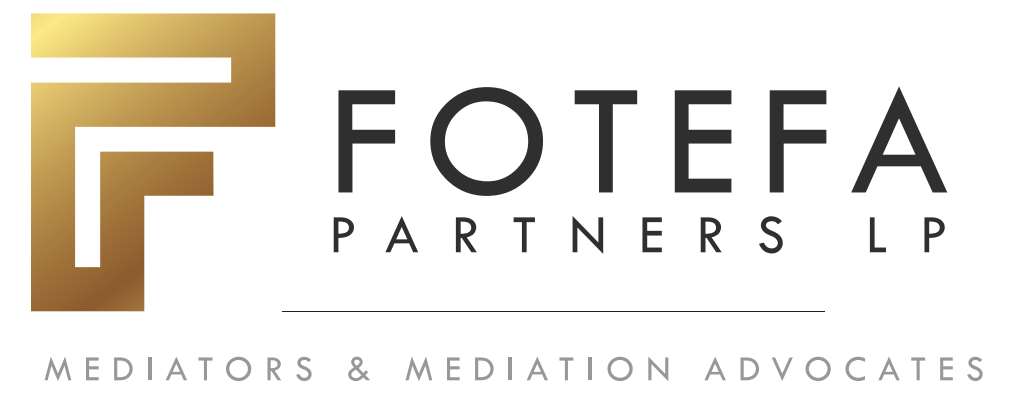A small number of cases are intrinsically unsuitable for mediation although very experienced Mediators and Mediation Advocates would say that the following under listed may still be mediated at some stages of the proceedings;
i. Where the parties wish the court to determine issues of law or construction which may be essential to the future trading relations of the parties, as under an on- going long term contract, or where the issues are generally important for those participating in a particular trade or market.
ii. Similarly, where a party wants the court to resolve a point of law that arises from time to time, and one or more parties consider that a binding precedent would be useful.
iii. Cases involving allegations of fraud or other disreputable conduct against an individual or group, which are unlikely to be successfully mediated because confidence is lacking in the
future conduct of that party.
iv. Cases where injunctive or other relief is essential to protect the position of a party.
v. Where a party actually does have a watertight case, since summary judgment procedure in the court would be available.
vi. The cost of mediation can be a factor of particular importance where the sums at stake in the litigation are small.
vii. Mediation can sometimes be as expensive as a day in court, as the parties will often have legal representation and the mediator’s fees and other disbursements are usually being borne equally by the parties regardless of the outcome.
Footnotes:* Standing Conference Of Mediation Advocates (SCMA) *The Lagos Multi- Door Courthouse Law (LMDC) 2007*
The LMDC Practice Direction on Mediation Procedure* The Multi Door Courthouse Code of Ethics for Mediators* Guidelines
For Enforcement Procedure *Guidelines for Court referrals to Alternative Dispute Resolution *Principles of Alternative
Dispute Resolution by Stephen J.Ware *Effective Mediation Advocacy by Andrew Goodman.*

